02 Apr Solidarisch durch die Krise. Prekäre Wissenschaft in der Pandemie
Stellungnahme des Netzwerks für Gute Arbeit in der Wissenschaft (NGAWiss)
(English version below)
English Version:
In Solidarity through the Crisis. Precarious Academia in Times of Pandemic
Statement of the Network for Decent Labour in Academia (Netzwerk für Gute Arbeit in der Wissenschaft; NGAWiss)
The Network for Decent Labour in Academia supports the open letter signed by 11.000 colleagues to declare the summer term 2020 a ‘non-‚ or ‘flexi-semester‘, respectively (https://www.nichtsemester.de/cbxpetition/offener-brief/). We consider the exact naming less relevant than an acknowledgement of the fact that during the current social lockdown the universities and research institutes cannot continue with business-as-usual. We also endorse the list of demands in relation to the corona-crisis issued on 21.03. 2020 by the university union unter_bau (https://unterbau.org/2020/03/30/gegen-unsicherheit-in-der-corona-krise/). Hereby we take the opportunity to take up on and deepen the discussion initiated by these demands.
Students, teachers, reseachers, as well as technical and administrative staff, are affected by the current crisis situation in various ways: The general psycho-social insecurities caused by the pandemic and social distancing are aggravated by concerns about one’s own health or that of loved ones. Moreover, domestic parental and care responsibilities are intensified under the current circumstances. Last but not least, many are faced with practical questions of accessibility of research material and digital infrastructure. The crisis-character of the present situation is further exacerbated under conditions of temporary employment that continues to be the rule in the German academic system.
Precisely in view of this pervasive precarious employment situation for the overwhelming majority of our colleagues, we deem it necessary to extend all temporary contracts of student assistants, doctoral and post-doc scholars, as well as all other contingent faculty for the duration of the emergency situation. This means: the summer semester 2020 should not be counted into the limited fixed-term employment period set by the Academic Short-Term Contract Labour Act (Wissenschaftszeitvertragsgesetz) and the Part-Time and Temporary Labour-Act (Teilzeit- und Befristungsgesetz). Equally urgent is the prolongation of grants, fellowships, scholarships and ‘tenure’- periods for junior professorships. Moreover, already allocated teaching assignments and other honorary agreements for the coming semester (irrespective of the courses’ actual practicability) should further on be remunerated and already assured work contracts should be executed.
Likewise, we expect additional care work (such as home schooling) to be acknowledged as work time in its entirety. It should be noted that in addition to the very demanding task of carrying on with the duty of teaching via digital tools, instructors are further confronted with enhanced requirements of supervision. Considering the additional workload caused by the current situation, a significant salary increase for the adjunct faculty is required.
Students are now more than ever in need of expansive support in order to continue or finalise their studies. Under these circumstances, a more transparent and flexible examination design is certainly necessary. The summer term should as a rule not be counted in the overall years of study. Even more crucial is the availability of teaching materials: paywalls and copyright-restrictions should be lifted for all technically available data and texts.
Disregarding these legitimate and urgent requirements can only aggravate the structural hierarchies and inequalities inherent to the German academic system. Similarly, multi-dimensional inequalities and structural discriminations that specifically affect international students and scholars have to be taken into account under the present conditions of study, teaching and research. In addition to organising and financing their daily lives, they are faced with further existential problems concerning residence status, durations of visas as well as insurance- and employment-extension. A further concern is that the disadvantages of additional care work in terms of time constraints will yet again mainly fall upon female scholars .
The far-reaching consequences of the corona-crisis for the daily life of academic work and study will anyway hardly be containable given the precarity of work- and employment-conditions for the roughly 90% who remain ‘below’ the level of full professorships (the only permanent position in the German academic system). Instead of pressing for a continuation of the permanent competition in research, as the most recent call by the German Research Foundation (DFG) suggests (https://www.dfg.de/foerderung/info_wissenschaft/2020/info_wissenschaft_20_20/index.html), the situation demands a contemplative break. The current health crisis points not only to the far-reaching problems of the overstrained academic system; it equally allows and calls for countersteering. The challenge is to understand the crisis as an opportunity to discuss the future of academia after the pandemic – a future in respect of solidarity, decent work and cooperative knowledge production rather than a further enforced competition that is hostile to scholarship and scholars.
Berlin, 1.4.2020
